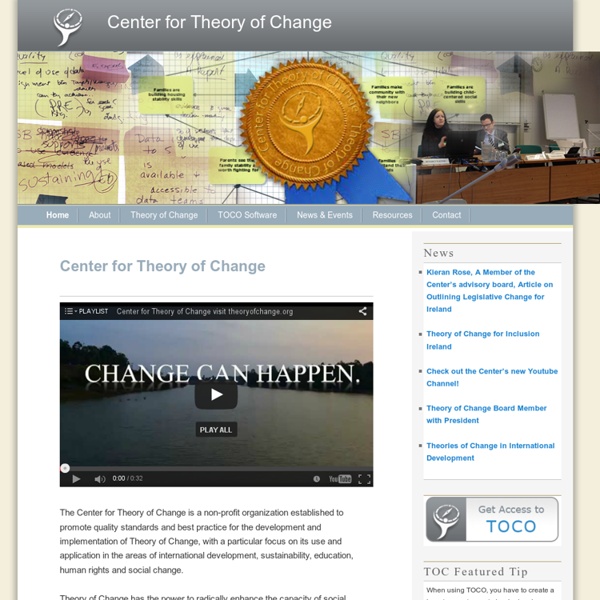



Collective Impact (Photo by iStock/wildpixel) The scale and complexity of the US public education system has thwarted attempted reforms for decades. Major funders, such as the Annenberg Foundation, Ford Foundation, and Pew Charitable Trusts have abandoned many of their efforts in frustration after acknowledging their lack of progress. Once the global leader—after World War II the United States had the highest high school graduation rate in the world—the country now ranks 18th among the top 24 industrialized nations, with more than 1 million secondary school students dropping out every year. The heroic efforts of countless teachers, administrators, and nonprofits, together with billions of dollars in charitable contributions, may have led to important improvements in individual schools and classrooms, yet system-wide progress has seemed virtually unobtainable. Against these daunting odds, a remarkable exception seems to be emerging in Cincinnati. Isolated Impact The Five Conditions of Collective Success 1.
In Defense of Logic Models Photo by 707d3k Last month, my post Creative Placemaking Has an Outcomes Problem generated a lot of discussion about creative placemaking and grantmaking strategy, much of it really great. If you haven’t had a chance, please check out these thoughtful and substantive responses by—just to name a few—Richard Layman, Niels Strandskov, Seth Beattie, Lance Olson, Andrew Taylor, Diane Ragsdale, Laura Zabel, and most recently, ArtPlace itself. I’m immensely grateful for the seriousness with which these and other readers have taken my critique, and their questions and suggestions for further reading have been tremendously illuminating. Now that the talk has subsided a bit, it’s a good opportunity to clarify and elaborate upon some of the subtler points that I was trying to make in that piece, which definitely left a bit of room for people to read in their own interpretations. It’s clear from some of the responses, however, that not everybody shares my optimism in the utility of logic models.